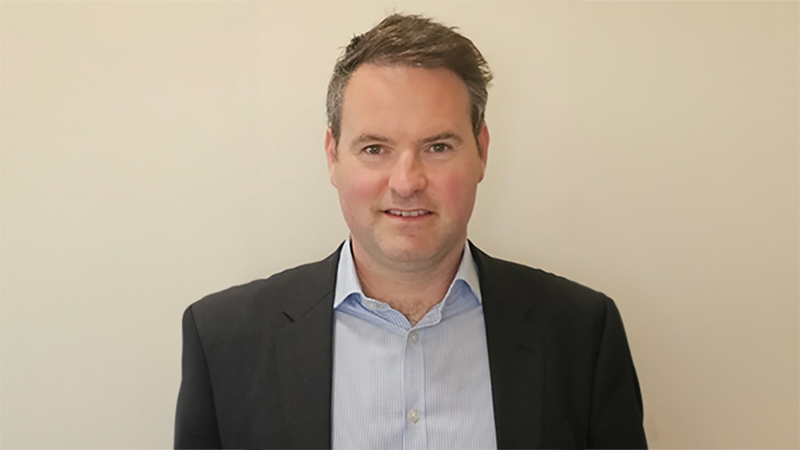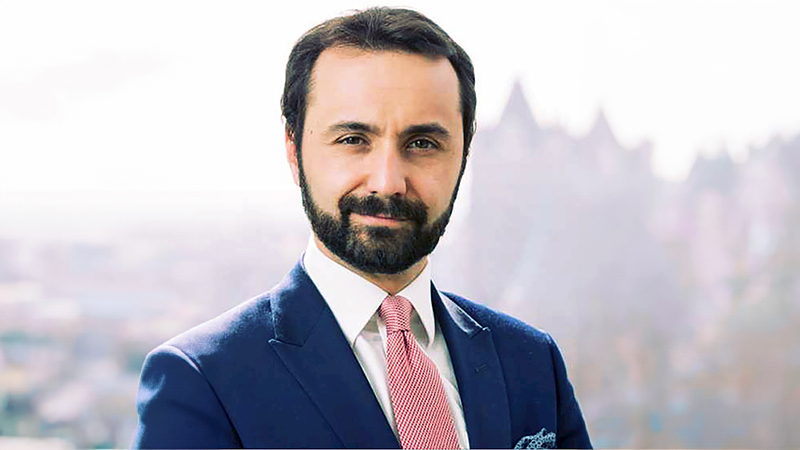Alongside the fact that just 18% now have a market cap of less than £50m, on the surface the figures make easy reading for advocates of investment companies, with increased buying and selling ability and more trusts trading at a premium.
However, with liquidity concerns rife throughout global markets, alternative asset classes in vogue and interest rate hikes looming, are closed-ended funds particularly vulnerable to a sudden barren patch?
Stephen Peters, analyst at Charles Stanley, believes that while the outlook is positive, investment trust boards’ resolve could be tested in an unexpected market swing.
He said: “Over the past few years, liquidity in the IT market in general has gone up, which is an unusual thing to say. The reason it has gone up is the number of new fund launches, and funds have also been trading at premiums and are therefore able to issue new shares.
“But in the next financially difficult period we will see whether boards are as willing as they say are to stand behind discounts and buy shares to prevent them widening too much.”
Peters warned that a rapid drying-up of liquidity could be damaging to certain pockets of the closed-ended space, such as commercial property, private equity and listed infrastructure.
“The issue we have is that a lot of these alternative asset classes are illiquid by definition, which is why they were launched in a closed-ended structure,” he said. “There is very little ability for those trusts to buy back shares in more difficult times because they cannot sell the underlying assets.
“Investment trusts used to be a sector dominated by equities, but over the past decade the amount of alternative assets has grown, and the underlying assets will be less liquid in times of stress.”
However, for Nick Sketch, senior investment director at Investec Wealth & Investment, the matter is more nuanced than initially appears.











